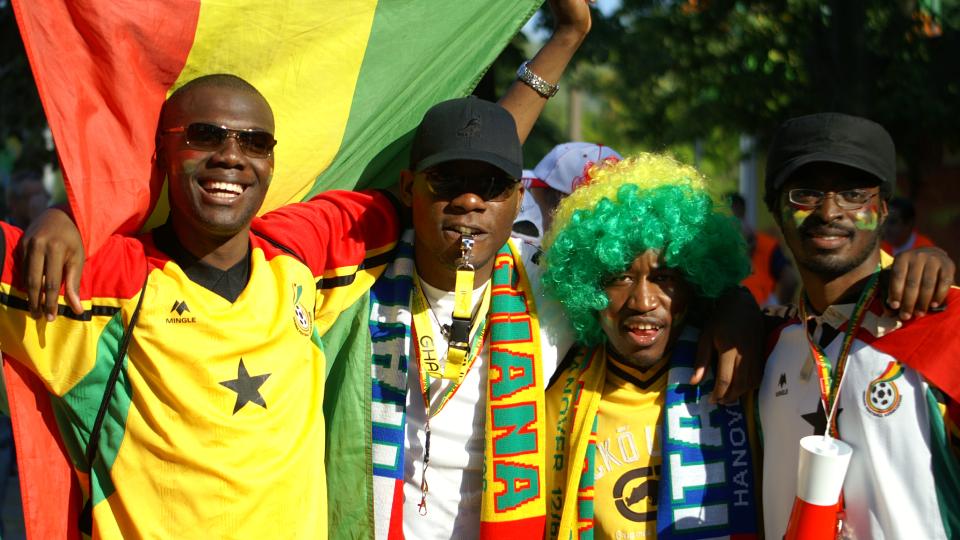At a ceremony to mark the beginning of its construction in 2016, the former prime minister of Ivory Coast, Daniel Kablan Duncan, was accompanied by several Chinese embassy officials based in the country.
Their presence was no surprise. After all, the stadium was designed by the Beijing Institute of Architectural Design and built by the Beijing Construction Engineering Group. Both of these are Chinese state entities.
China was heavily involved in building other tournament venues too. In San Pedro, the Laurent Pokou Stadium was built by the China Civil Engineering Construction Corporation (again, state owned). And the China National Building Material group served as general contractor on the Amadou Gon Coulibaly Stadium in Korhogo.
All of this is part of a long-term policy of “stadium diplomacy” which China has been deploying across the continent. Linked to the belt and road initiative, which is intended to promote trade and foster interdependence between China and other nations, stadiums have frequently been gifted to African nations (or else paid for using relatively cheap loans).
For instance, when Gabon co-hosted (with Equatorial Guinea) the Cup of Nations in 2012, China was involved in building both of its stadiums. Five years later, when Gabon hosted the tournament again, China built another two.
Gabon now sends around 15% of its exports – mostly crude petroleum and manganese – to China.
Continues at...

Read the full article by PhD Candidate and Lecturer, Loughborough University London (Institute of Sport Business):
